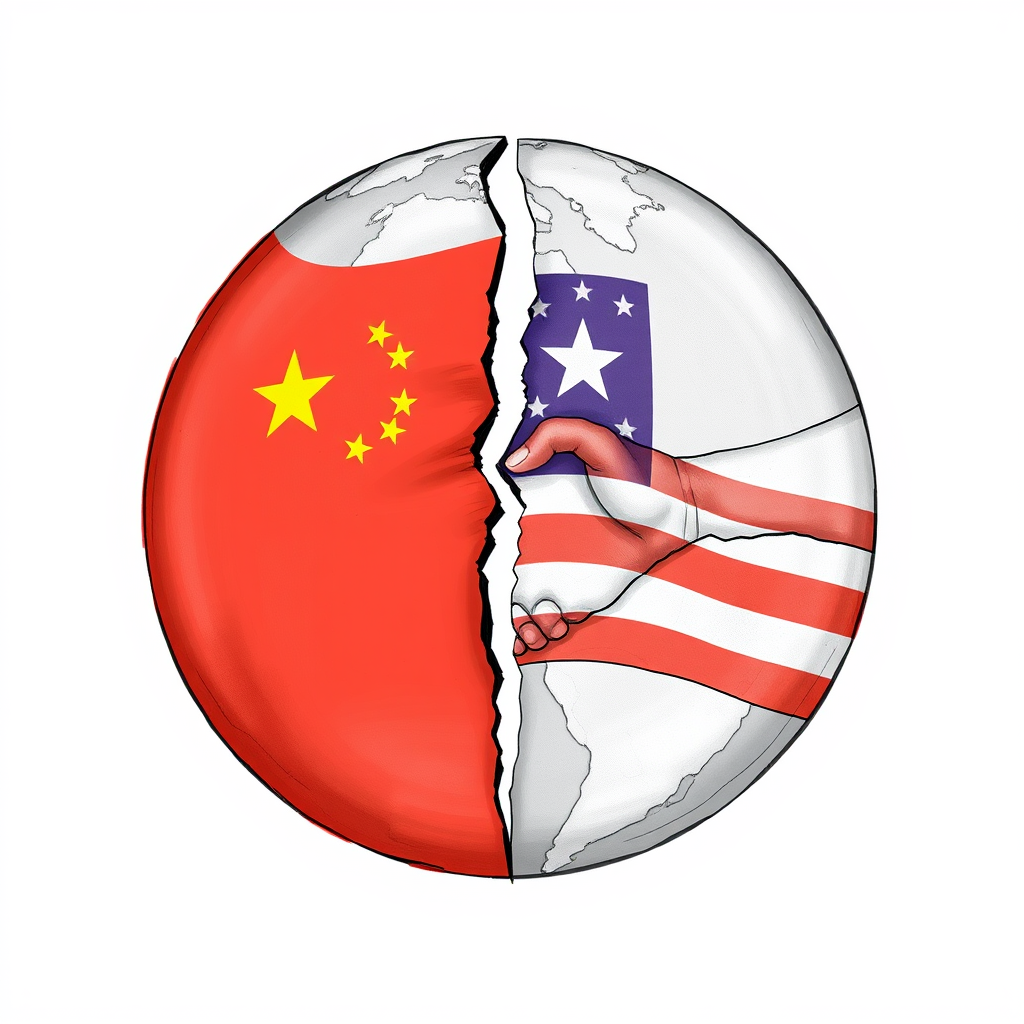China Vows to Fight Back Against Trump Tariffs

Beijing is refusing to yield to escalating US tariffs, denouncing President Donald Trump’s latest levy of 125% on Chinese imports as detrimental to the global economy. The move comes amidst a rapidly intensifying trade war between the world’s two largest economies, raising concerns about potential repercussions for international trade and economic stability.
Chinese officials have strongly criticized the tariffs, arguing they undermine the established rules-based multilateral trading system and destabilize the global economic order. Lin Jian, a spokesperson for China’s foreign ministry, characterized the US action as a “blatant act” against the interests of the world. He Yongqian, from the Commerce Ministry, called for the US to meet China “halfway” in negotiations, while simultaneously vowing to “fight to the end” if a compromise proves unattainable.
China has already responded with retaliatory tariffs, imposing 84% duties on a range of US imports, mirroring earlier increases by the Trump administration. Despite the escalating tensions, both sides maintain a sliver of openness to negotiation.
President Trump, while increasing tariffs, has suggested a resolution with China is still possible, stating that Beijing “wants to make a deal” but is unsure how to proceed. However, his administration has indicated a prioritization of trade talks with other nations, including Vietnam, Japan, and South Korea, potentially complicating efforts to de-escalate the conflict with China.
The situation is precarious. While Trump’s temporary pause on some tariffs affecting other countries offered a brief respite to global markets, the focus remains firmly on the US-China trade dispute. The insistence on reciprocal escalation, coupled with a shifting US negotiating strategy, suggests a prolonged period of uncertainty for international trade. It’s becoming increasingly clear that a swift resolution is unlikely, and the world economy may be bracing for a sustained period of trade friction. The current approach, characterized by aggressive tariffs and limited genuine dialogue, appears counterproductive and risks inflicting significant damage on both economies, and the global system as a whole. A more collaborative and nuanced approach, focused on addressing underlying trade imbalances and fostering mutual understanding, is urgently needed to avert a potentially damaging trade war.